Physiopy Community
ReproNim Webinar 01.11.2024
| github.com/physiopy | |
| physiopy.github.io physiopy-community-practices.rtfd.io |
|
| physiopy.community@gmail.com s.moia.research@gmail.com |

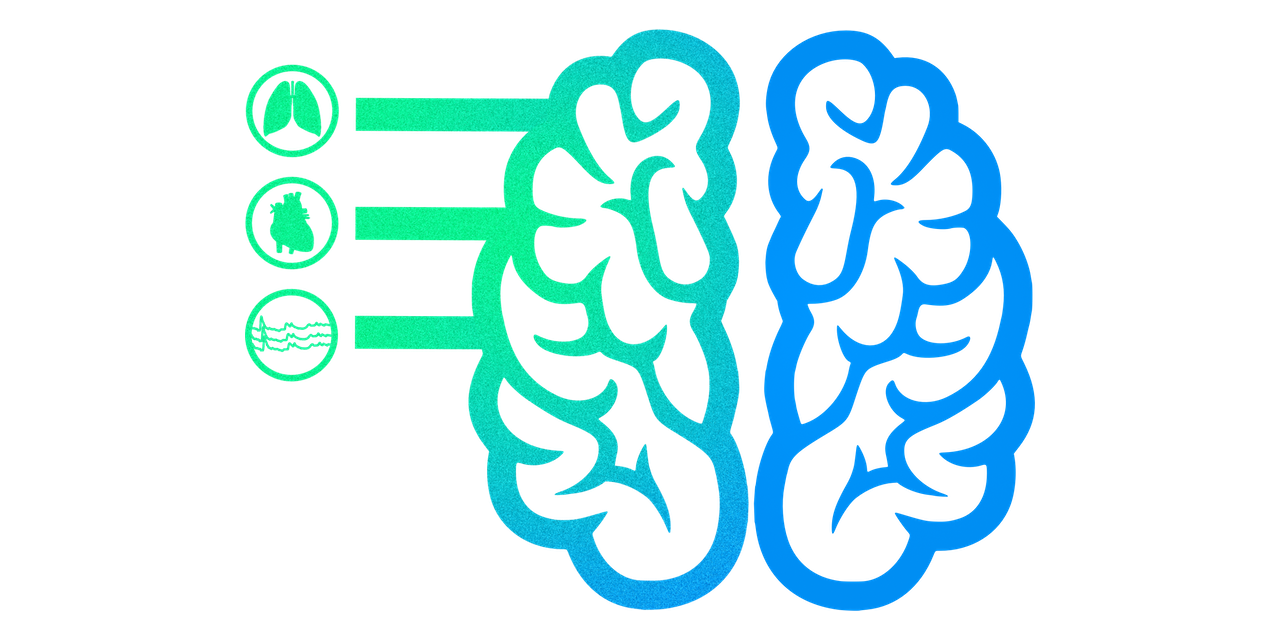
Working towards accessible and reproducible physiological data integration in neuroimaging studies
Physiopy: the community
1.

Community guidelines
2.


BIDS: phys2bids & BEP
3.

Peakdet & phys2denoise
4.

Coming up next...
5.
Why physiopy
In neuroimaging, integration of physiological measures to data collection and analyses are still a niche topic. By raising awareness, we can inspire researchers and clinicians become interested in the topic.
*Open Source Software Development is the idea of developing a software publicly, sharing it from the beginning of the development, fostering a democratic community of contributors in support of the project, using version control and software testing.
physiopy adopts a Community driven, BIDS-based, Open Development* approach, aimed at bringing governance back to the users.
Sharing physiological data, toolboxes, and documentation following the concepts of Open Science could improve the exposition to this topic.
Community practices meetings, community consensus, and community guidelines.
Spark interest!
The more we share, the better it becomes
This is (not)
the way!
Of the People, by the People, for the People

physiopy's aims
The main goal of physiopy is to help collect, analyze and share physiological data by:
- Writing packages to make user-friendly pipelines to work with physiological data.
- Specializing in physiological data use in neuroimaging (i.e. MRI) data analysis.
- Providing documentation containing tips and strategies on how to collect such data and use our packages.
- Helping set a standard for these data, albeit without forcing users to use it.

Core components
A set of easily adoptable toolboxes
Community of users, developers, and researchers interested in physiology
Clear and approachable documentation
Community practices based on consensus

Core components

physiopy's projects
Raw data
BIDSification
phys. data preprocessing
(peak detect.)
phys. denoising
phys. imaging
Data acquisition
Process description
QA/QC

physiopy's projects
Raw data
phys2bids
peakdet
phys2denoise
phys. imaging
Data acquisition
physiopy's documentation
&
Coordinated testing suite
BIDS Extension Proposal
physioQC
Physiopy's Community Practices

physiopy's projects
Raw data
phys2bids
peakdet
phys2denoise
phys. imaging
Data acquisition
physiopy's documentation
&
Coordinated testing suite
BIDS Extension Proposal
physioQC
Physiopy's Community Practices
prep4phys

physiopy's status
- Highly inspired by the tedana community and The Turing Way
- Founded in 2019 by 9 people in 3 labs (during the DC Code Convergence 2019!)
- It now counts over 35 contributors from over 25 institutions (not all currently active)
- All contributors are recognised via all-contributors schema and authorship, alphabetically
- All volunteers are... volunteering (so far) - and development spikes during Brainhacks
- The project had virtually no funds (so far)
- We are now rediscussing governance, based on the Minimal Viable Governance model
- We are also restructuring contributors' guidelines, to make them more friendly!


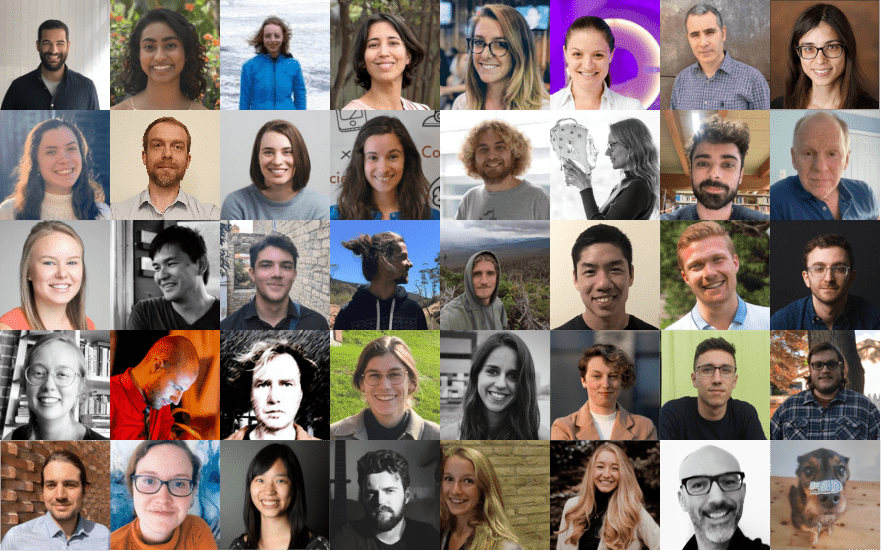
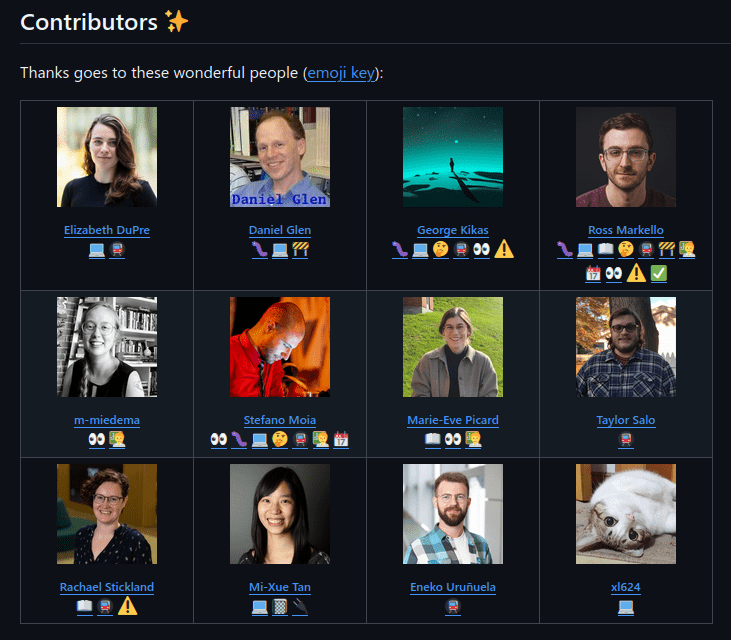
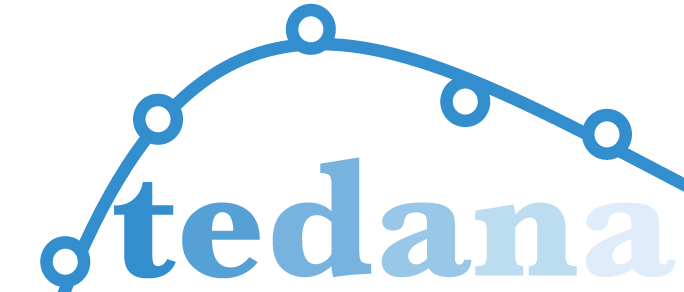

physiopy's tricks
- We tend to automatise as much as possible, also to lower barriers to contribution
- We style our code, automated by pre-commit
- We release on pipy using semantic versioning (docs in YYYY.m.f), automated by Auto
- We assign DOI to every(-ish) release using Zenodo
- We release documentation on Read the Docs using restructured text and markdown
- All software is released under Apache 2.0 (Practices adopt CC-BY-SA 4.0)
- Installation is minimalistic and relies on extra features

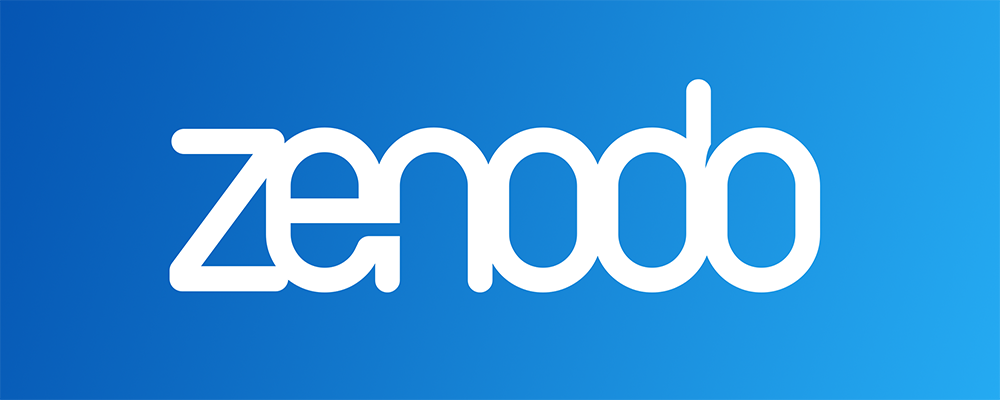



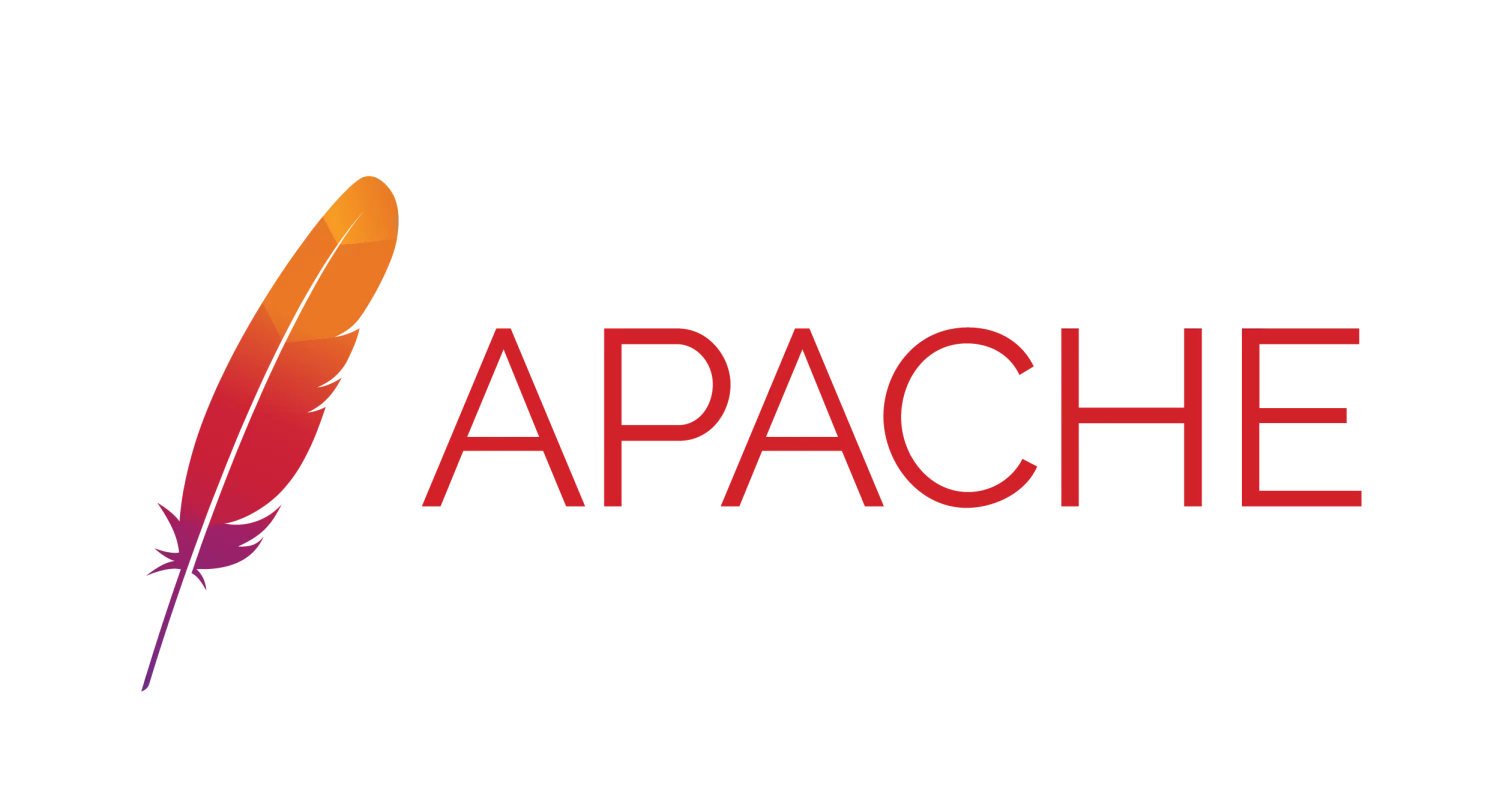
Coming up next...

Quality Assessment/Control!

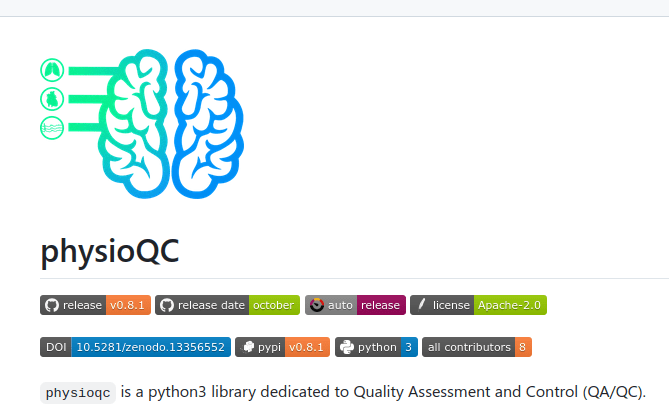
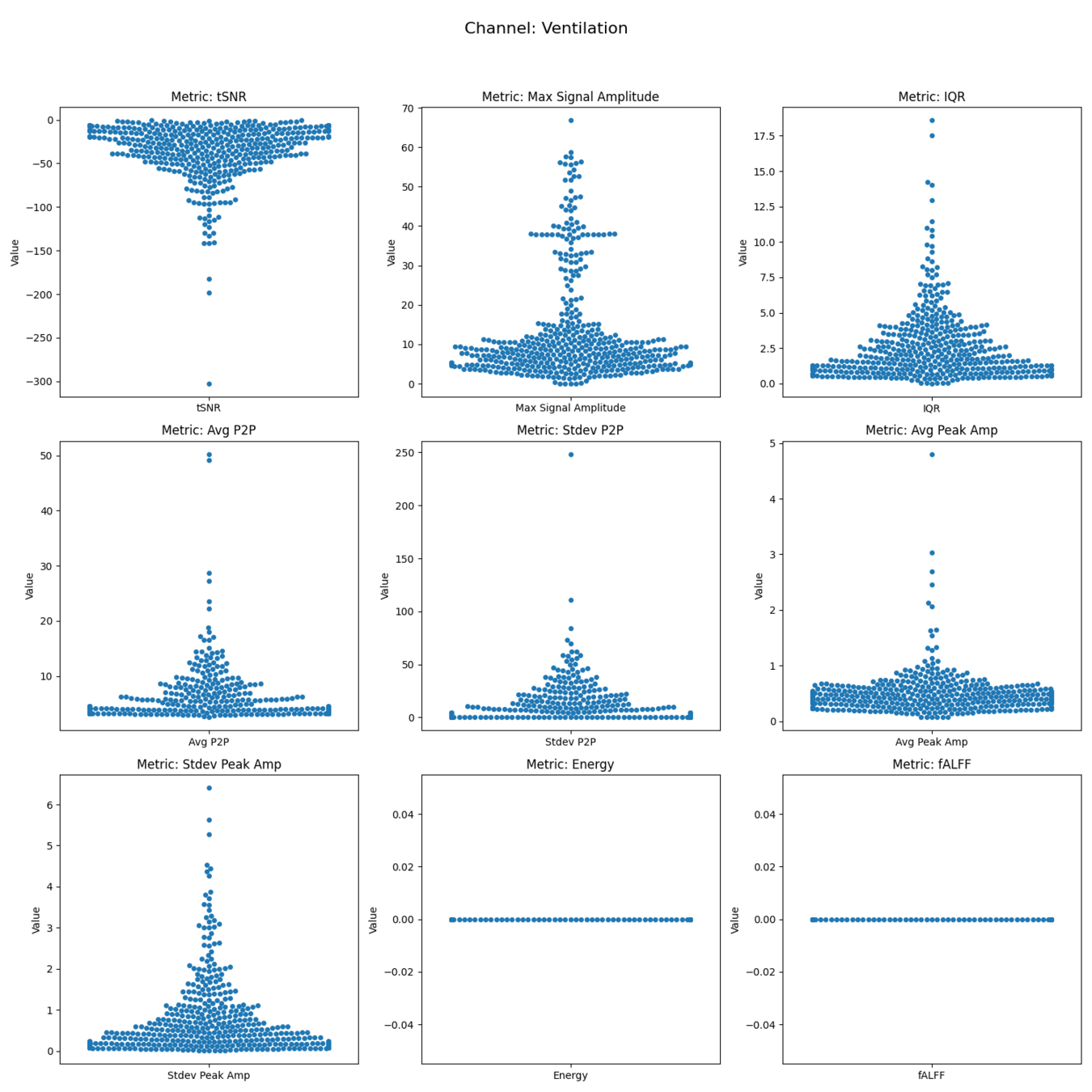

(More) GUIs!

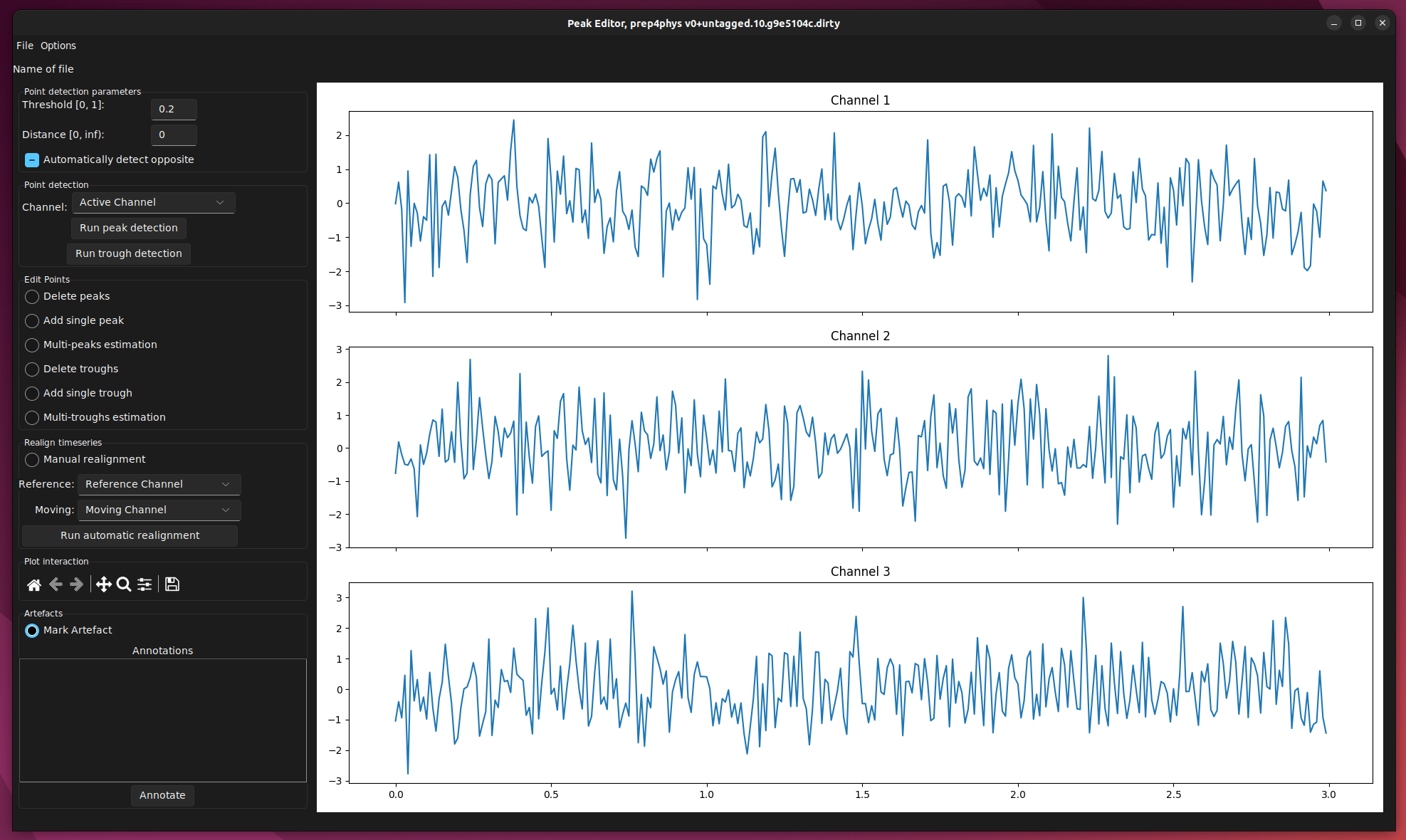
More Community Practices!
Response functions and convolutions
Physiology and vigilance
Physiological confounds in resting state
ECG, PPG, and Heart Rate Variability
Blood Pressure and Cerebral Autoregulation
Brain-Body Interaction

Enhancements!
- ECG vs PPG
- EDA
- Eye Tracking

Add guidelines on
- Siemens
- Bitalino
- non-MRI modalities
Extend support to
- NeuroKit
- NiPreps
- AFNI & FSL
Integrations
- (Semi-)Automation
- BIDS Apps
- Integrated workflows
More functionalities
More voices & more diverse expertise improve our community

(and we're not here to tell you what to do - we want to figure it out with you)
Join us!
Send an email to:
physiopy.community@gmail.com
(Even if you are not a physiology/python guru!)
November 14th 2024
16h00 UTC
Zoom (link provided by email)
Newcomers meeting
Thanks to...
...you for the (sustained) attention!
That's all folks!
...the ReproNim crew, for having us here
...the Physiopy contributors

Open meetings
every 3rd Thursday
of the month
at 17h00 UTC
| github.com/physiopy | |
| physiopy.github.io physiopy-community-practices.rtfd.io |
|
| physiopy.community@gmail.com s.moia.research@gmail.com |
Any question [/opinions/objections/...]?
Open meetings
every 3rd Thursday
of the month
at 17h00 UTC
| github.com/physiopy | |
| physiopy.github.io physiopy-community-practices.rtfd.io |
|
| physiopy.community@gmail.com s.moia.research@gmail.com |
Intro and Outro to Physiopy (ReproNim 2024)
By Stefano Moia
Intro and Outro to Physiopy (ReproNim 2024)
CC-BY 4.0 Stefano Moia, 2023. Images are property of the original authors and should be shared following their respective licences. This presentation is otherwise licensed under CC BY 4.0. To view a copy of this license, visit https://creativecommons.org/licenses/by/4.0/
- 21



